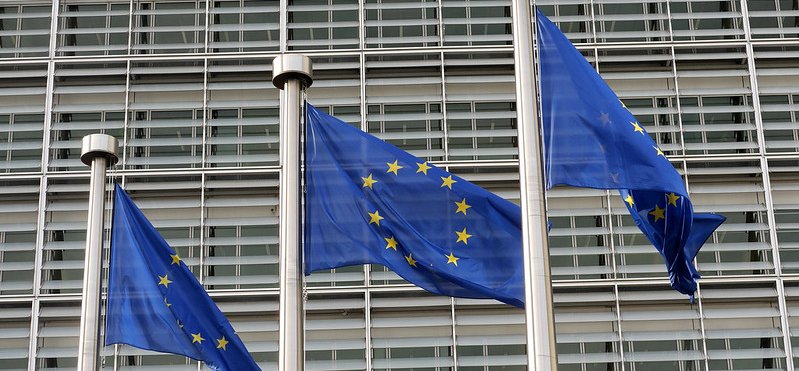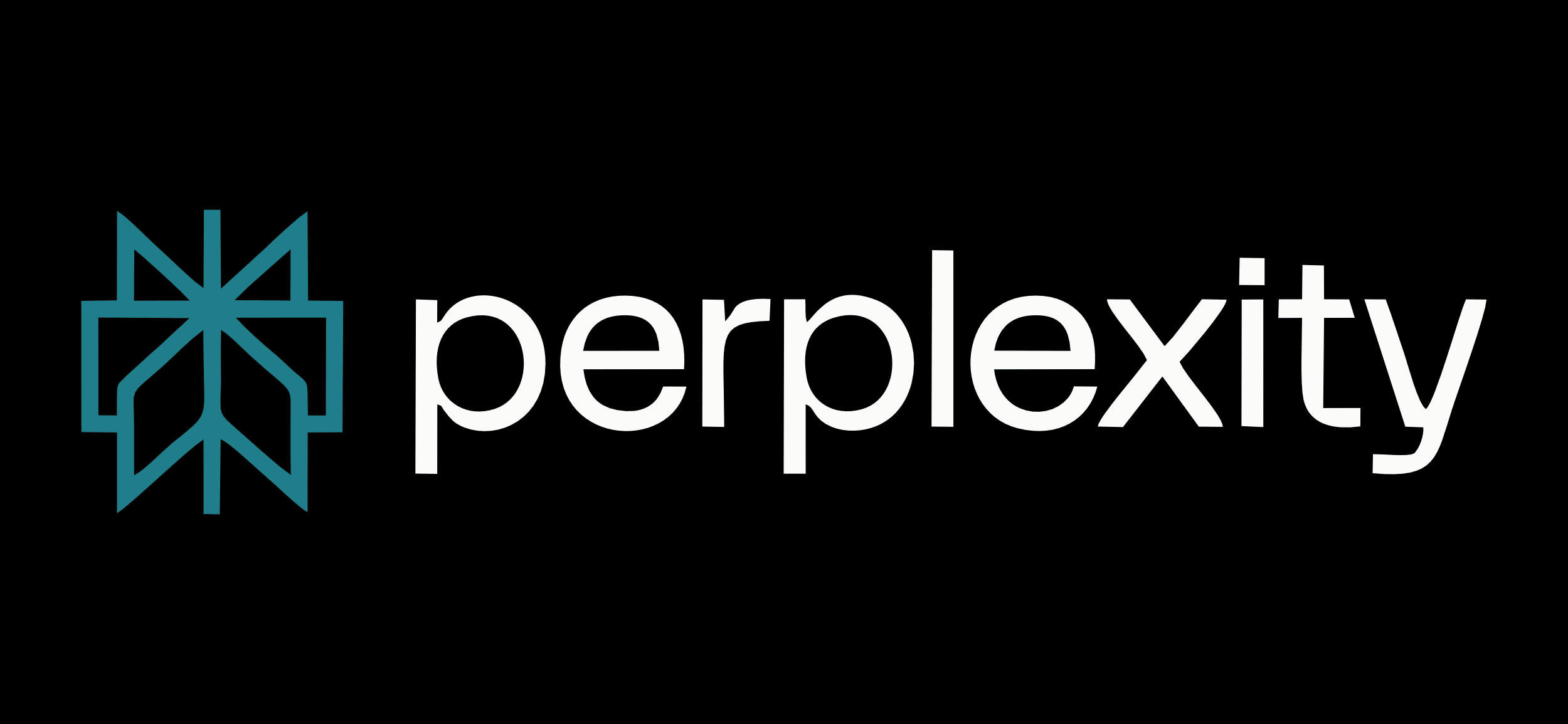Alibaba’s $250 billion rebound has turned it into China’s hottest AI stock, with analysts saying the rally may still have room to run.
The group’s US-listed shares have more than doubled this year as Beijing pushes for greater technological self-reliance. Despite the surge, the stock remains 65% below its 2020 peak, keeping valuations attractive compared with US giants like Microsoft and Amazon.
Fund managers say global investors still hold relatively minor positions in Alibaba, creating scope for further gains. Some caution remains, however, with Chinese short bets rising last month and price wars in food delivery threatening to dent margins.
Alibaba trades roughly 22 times the estimated forward earnings in Hong Kong, which is in line with the Hang Seng Tech Index but below its historic peak and US peers. Investors say its valuation looks reasonable given its AI push and improving sentiment.
Would you like to learn more about AI, tech and digital diplomacy? If so, ask our Diplo chatbot!










